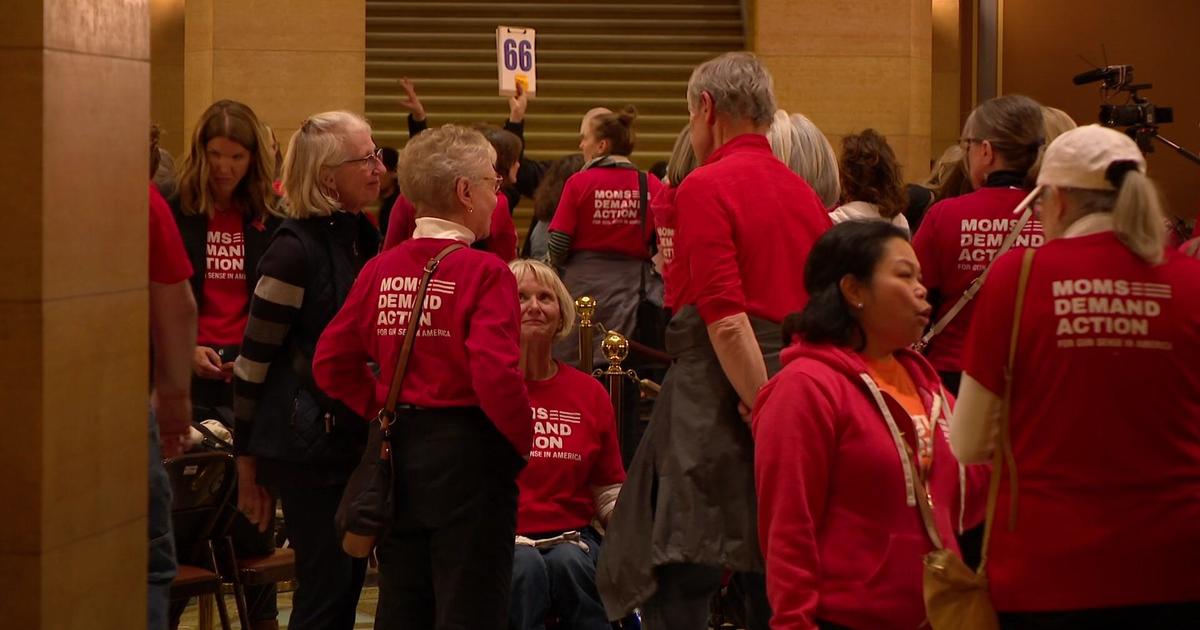Panel Debates Privacy Bills, Such As Drone Curbs
ST. PAUL, Minn. (AP/WCCO) -- Minnesota's laws governing law enforcement's electronic surveillance of its citizens are outdated and need major updating, legislators and privacy advocates pushing for tighter restrictions argued Tuesday.
On divided voice votes, the House Public Safety Committee advanced a pair of bills that impose a higher standard on law enforcement when they collect data from cellphones and other electronic location devices. Search warrants would be required in more instances, and the owner of the devices could receive notification within a few months that their information was accessed.
"Safety should not come at the expense of civil liberties," said Charles Samuelson, executive director of the American Civil Liberties Union of Minnesota.
Those pushing the measures say Minnesota's laws haven't kept up with technology. They argue it is too easy for the police to track a person's whereabouts and that stricter privacy controls are needed.
"The government can access the location of your cell phone without your knowledge, without a warrant, without probable cause, and without notice to the person who is the object of their investigation," said Rep. Joe Atkins (D-Inver Grove Heights).
Police groups, on the other hand, are warning that going too far could hinder their efforts to combat crime or tip off targets about sensitive investigations.
Democratic Rep. Dan Schoen, a police officer from St. Paul Park, said the national debate over domestic surveillance has cast a negative light on well-intentioned crime-fighters.
"Our own local law enforcement has been villainized trying to do our jobs," he said, adding that he hopes Minnesota legislators can avoid making changes for the sake of political expediency. "There's a lot of people around here trying to use this conversation for political gain and that's disheartening."
Police say limiting their access could significantly harm criminal investigations and life threatening emergencies.
"It's primarily used in violent crime investigations, or in situations where people's lives are in immediate risk of harm and possibly death," said Drew Evans of the Minnesota Bureau of Criminal Apprehension.
The privacy issues have cut across party lines and could be among the hotter topics of the short legislative session.
The panel was to consider curbs on unmanned aircraft, or drones, later Tuesday. There were three versions before the committee.
One drone bill applies both to the public sector and private users of drones, such as making it a felony for someone to capture images from property without permission.
(TM and © Copyright 2014 CBS Radio Inc. and its relevant subsidiaries. CBS RADIO and EYE Logo TM and Copyright 2014 CBS Broadcasting Inc. Used under license. All Rights Reserved.This material may not be published, broadcast, rewritten, or redistributed. The Associated Press contributed to this report.)



